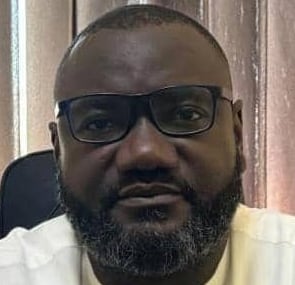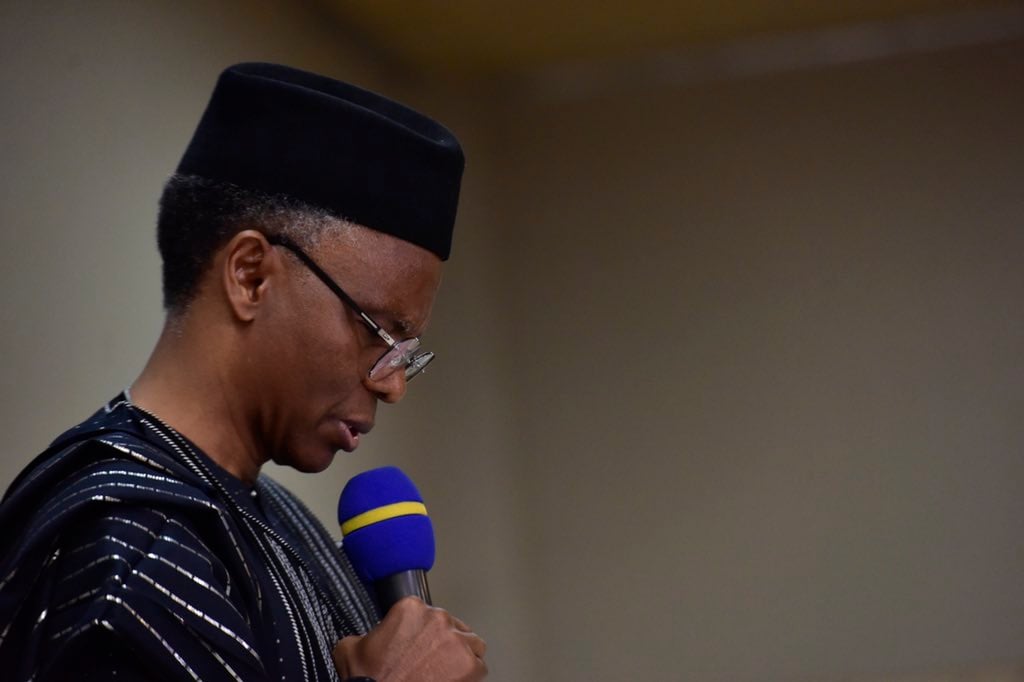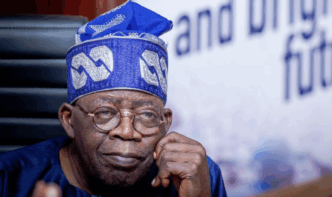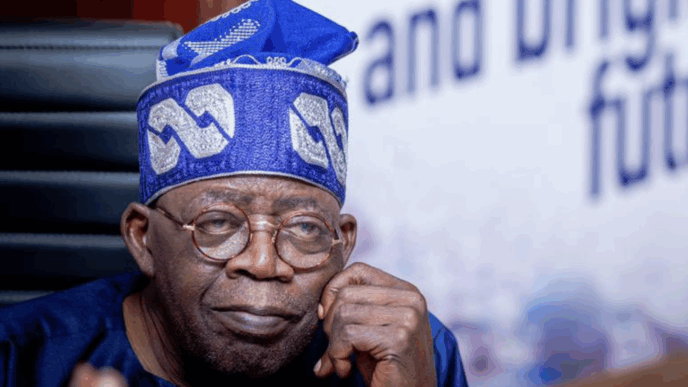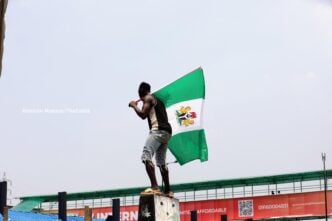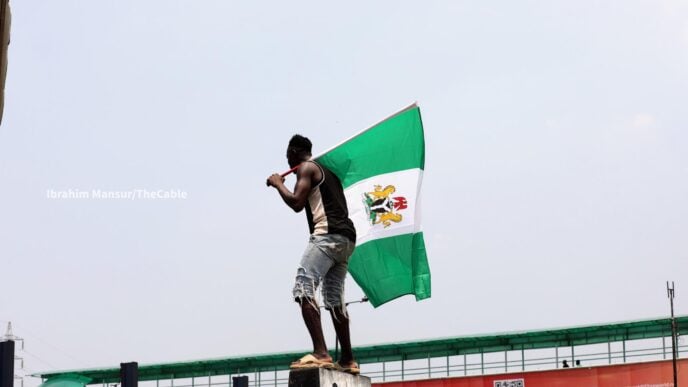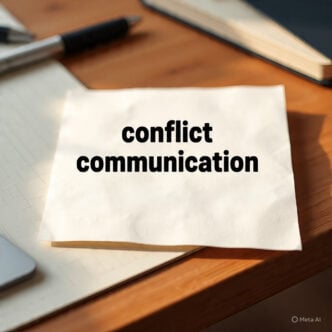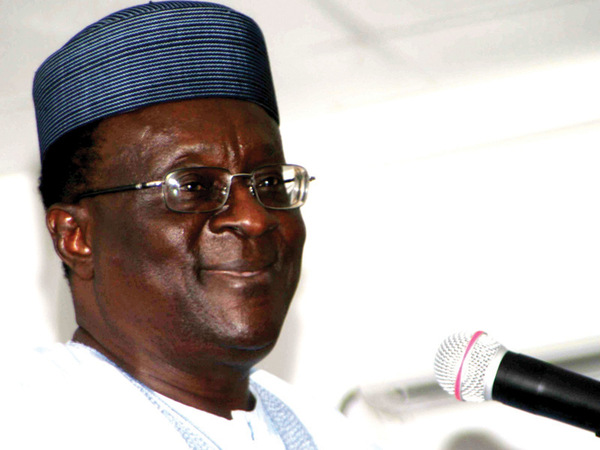Nasir el-Rufai
This topic is not one of my favourites. It is outside my professional interest. But it is an interesting one. It is about Nasir El-Rufai. He is an intelligent man. He is also very strategic. You struggle to catch him off guard. Some call him the enfant terrible of contemporary Nigerian politics. I agree. This much he has demonstrated since he began his political journey as an economic adviser to General Abdulsalami Abubakar in 1998. His political progression can be attributed to several factors. Former President Olusegun Obasanjo once said, “Nasir El Rufai’s penchant for reputation savaging is almost pathological. Why does he do it? He is brilliant. I grant him that, too. Very early in my interaction with him, I appreciated his talent and brilliance. At the same time, I recognized his weakness. The worst is his inability to be loyal to anybody or any issue consistently for long, but only to Nasir El Rufai.”
Initially, I had my reservations about the position of Obasanjo on El-Rufai. It felt like a vindictive statement. Obasanjo can be vindictive when he wants. But El-Rufai’s penchant for picking fights with political associates is legendary. His political fight with Atiku Abubakar was messy. Atiku Abubakar alleged Nasir El-Rufai betrayed him despite being instrumental in his appointments as DG of the BPE and eventually minister of the FCT. Nasir El-Rufai is also a consistent individual. His political trajectory confirms this. It has been a regime of political uprightness rather than moral uprightness. His recent appearance on Channels TV raises the question of some of the silent attributes of Nasir El-Rufai that are not in the public domain.
Nasir El-Rufai is not your regular chap. He recollects easily. It is akin to Hyperthymesia, the ability to recall significant events in your life effortlessly. Whatever he says can be verified. However, according to research published in 2013, people with hyperthymesia can have their autobiographical memories affected by false episodes. It is common for the brain to fill in blanks or distorted spaces to provide a complete and coherent episode. For example, Peter Obi and Nasir El-Rufai have never been on the same page politically. Before the 2023 presidential election, Nasir El-Rufai said, “Peter Obi is a Nollywood actor and that is all he will speak about. This election is between the APC and the PDP because they have the footprints and the ‘spate’. Ethnicity and religious bigotry will not take you anywhere, and that is what the Labour Party campaign is about,” https://www.premiumtimesng.com/news/top-news/579611-2023-why-peter-obi-cannot-win-presidential-election-el-rufai.html?tztc=
Fast-forward to 2025. Nasir El-Rufai and Peter Obi are in a romance. At the launch of the coalition party, African Democratic Congress (ADC) at the Yar’Adua Centre in Abuja, they held hands like lovers. Nasir praised Obi’s sterling qualities. The same Obi you and I know. But I knew it was temporal. His recent interview on “Sunday Politics” on Channels TV gave an indication. He lashed at Peter Obi and Rotimi Ameachi on their one-term proposal. He said, “I don’t think it is right. You should not constitutionally give up what is yours. And frankly, as someone who has been governor for eight years, and Amaechi and Peter Obi have both been governors, they know the time it takes to make meaningful change in government. Four years is not enough.” I can bet that Nasir is flying a kite with this open condemnation. The days ahead would reveal this. And he would refer to his earlier position. That is his trajectory.
Advertisement
He has also stated that he is not seeking any political office in 2027. “This government does nothing but lie every day. I am not contesting for anything. I don’t want to go to the Senate. I am not contesting for any position. That’s why I am calling on you, let us join hands and ensure we remove the oppressors.” He may have his reasons. But it contradicts his stance as a former governor that four years is not enough to make any meaningful difference in government. I can bet that his failed ministerial ambition is not one of the reasons. Even though in one of his numerous public outings, he said the president didn’t want him in his cabinet, he probably changed his mind. I agree with this. But Nasir has no history of eating the “humble pie.” He gives “a Roland for an Oliver.”
Nasir El-Rufai has once sang the praises of Tinubu to the high heavens. It is the same measure he is condemning the Tinubu administration. That is giving a Roland for an Oliver. Bayo Onanuga needs to read the French poem “The Song of Roland” Then he would know how to engage Nasir. I see he has been on his case for a while. Before the 2023 presidential elections, Nasir said, “Asiwaju Bola Ahmed Tinubu is our candidate whom we all supported to get the ticket, and we are sure we will not regret it. He is an experienced leader; he has shown what he can do in Lagos State. We expect him to apply the same magic formula to transform Nigeria for the better. Tinubu is a leader who will be just, fair and equitable to all”. Was this a slip of the tongue? And what has changed in two years? I believe they will sort themselves out at some point.
On the same Channels TV interview, he spoke about his relationship with the Kaduna State governor, who is now a diehard Bola Tinubu fan. He said they are not friends. “The governor is my boy and mentee, but we are not on talking terms.” Even the host, Seun Okinbaloye, was confused at this point. He explained that he never reaches out to his successors in office. He mentioned his stint as the DG of BPE and FCT minister as examples of “never reaching out” to his successors in office. This is a fascinating attribute. If all political office holders in the country embrace this attribute, Nigeria would be a better place.
Advertisement
Politicians intentionally double speak. Most times, not out of conviction. But giving “a Roland for an Oliver.” Politics in Nigeria is not rooted in ideologies. Only party slogans. Dr. Manzuma Ndanusa and Dr. Etimbuk Obot of the National Institute for Legislative and Democratic Studies (NILDS), in their work, “Strengthening Nigerian Political Parties through Ideology-Driven Structures”, argued that “Nigeria’s political system is characterized by weak party identities and frequent defections due to a lack of ideological commitment. Unlike Western democracies, where parties are defined by strong ideological principles, Nigerian political parties function more as vehicles for personal ambitions. I agree and interpret this as a social disorder. Most politicians suffer from this disorder. It is responsible for why they speak from both sides of the mouth for political expediency.
Ocheja, PhD, specializes in the documentation of the military histories of Nigeria and Africa.
Views expressed by contributors are strictly personal and not of TheCable.
